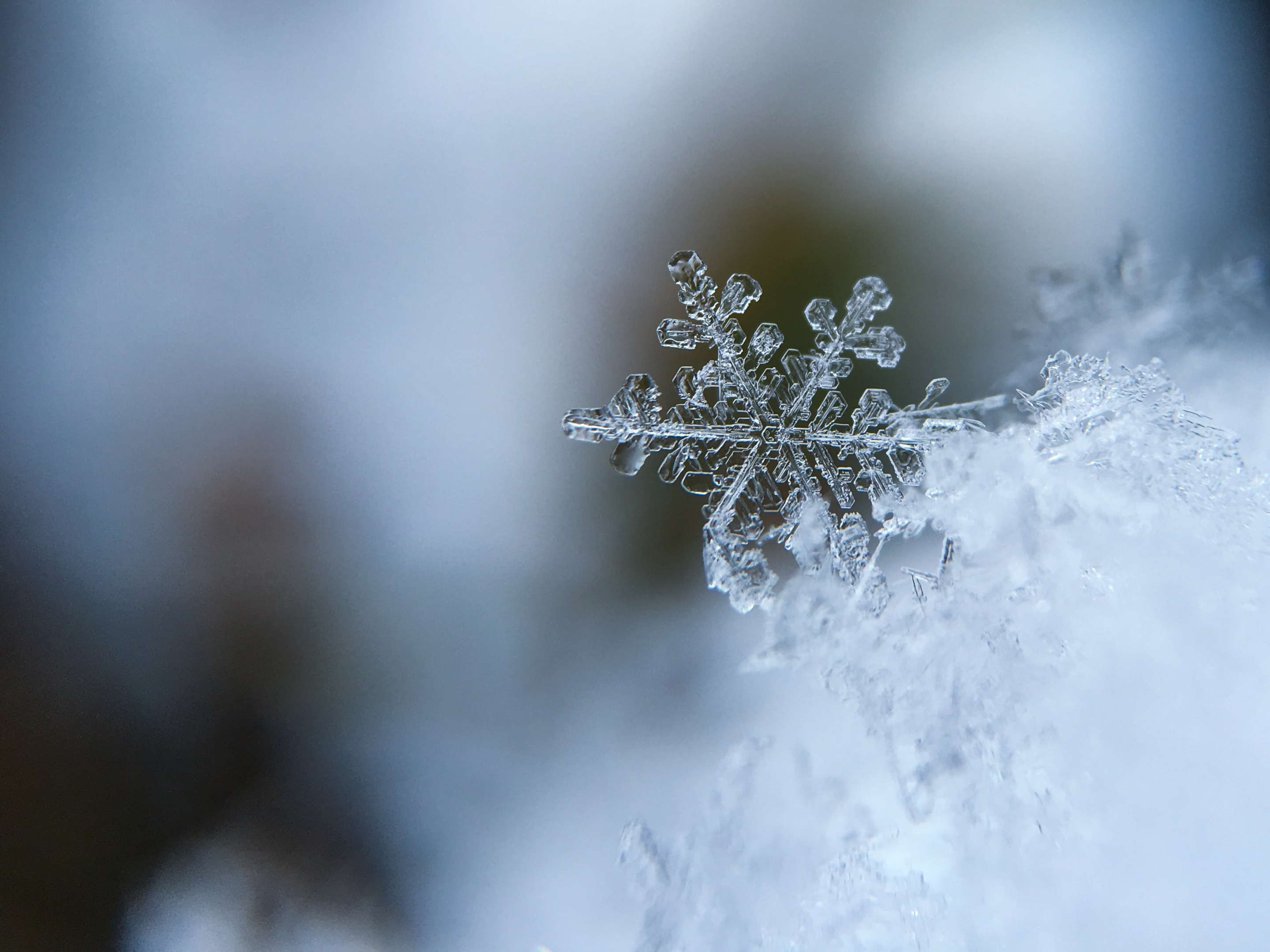With the end of British summertime, we’re heading into more wintry weather. Rain, wind, ice and snow all bring challenges for managing our recycling. Fortunately, there are ways to make winter recycling easier and safer for everyone.
How does the winter affect our recycling?

In the winter, we spend more time indoors to stay warm and dry. Inevitably, this creates extra household and business waste.
The most wasteful time of the year is the Christmas period, with household waste increasing by around 30%. We throw away 227,000 miles of wrapping paper, one billion cards and the equivalent of four million Christmas dinners. By Boxing Day, 20% of our gifts are on already on their way to landfill.
If we don’t make allowances for harsh wintry weather, this has a knock-on effect on our recycling. For instance, frozen recycling can stick incompatible waste together in mixed recycling bins. Lower temperatures can also stop the process of decomposition in compost heaps.
Tips for managing your winter recycling
Do:
- Put heavier recyclables on top so that nothing is blown away on windy days
- Make sure recyclables are dry before they’re put out for collection (wet recycling can freeze and cause contamination)
- Keep the lid on your recycling firmly closed or cover it with something waterproof
- If possible, protect your recycling bags and bins from the elements by keeping them inside your premises until collection – but be careful that you don’t block the fire exits
- Keep a lid on your compost heap – the trapped heat allows food waste to decompose properly
- Plan ahead to reduce your Christmas waste
- Keep lids firmly closed on your cardboard and paper recycling bins to stop contents getting soggy (which can result in the whole recycling load being rejected)
Don’t:
- Place recycling bags directly on icy ground – they can freeze to the pavement and break
- Put your recyclables out overnight if it’s very windy – wait till the morning of collection
- Throw away Christmas wreaths and trees – check here to find collection points and services
Tips for recycling Food Waste in winter
Food waste from UK households and businesses has been estimated to be around 9.5 million tonnes a year. WRAP estimates that this wastefulness costs the average household at least £500 per household per year.
This has a huge environmental impact, squandering the resources used in the food’s production, transportation and storage, and generating greenhouse gases. If food waste was a country, it would have the third highest emissions after the US and China.
We cook more food during the festive season than at any other time of year and throw away a shocking 4 million tonnes of perfectly edible food. This includes 710,000 tonnes of potatoes, 100,000 tonnes of poultry and 96,000 tonnes of carrots.
What can we do about this?
- Donate excess edible food to your local food bank
- Make the most of your food recycling collections
- Get tips on reducing your food waste here
- Use a portion planner to reduce waste from your festive meal
Tips for recycling Electronics Waste in winter
This time of year is a peak time for buying – and then throwing away – electrical goods. Research shows that UK consumers threw away or hoarded five million unwanted electrical devices after the 2020 Christmas and Black Friday spending spree. Only 19% of the 2000 people surveyed intended to donate their unused electrical goods to be reused.
Old appliances contain precious materials that can be reused. For example, mobile phones contain 62 different metals and metalloids, including gold, copper, silver and palladium. Sending our devices to landfill results in toxic materials leaking into the earth and water systems.
If you’re looking for low-cost, WEEE waste collection, take a look at our WEEE recycling services. We recycle electronics throughout the UK using our convenient commercial bins. From old mobile phone recycling to large electronic waste disposal collections, we can help. None of our waste will go to landfill. Any non-recyclable waste is used to generate green energy.
Tips for recycling Glass Waste in winter
In the UK, we spend £3.5 billion a week on booze over the festive period. That amounts to a lot of glasses and bottles in use by households, bars and pubs.
- Don’t use bottles or glasses as ashtrays or for chewing gum – this contaminates the recycling
- Broken Christmas baubles aren’t recyclable, so wrap up and add to general waste
- Ensure your bottles and jars are dry to prevent ice build-up
- Donate drinking glasses you no longer want to a local charity shop
Broken drinking glasses can’t be added to your glass recycling bin, so wrap them in newspaper and add to your general waste. Or recycle with hardcore and rubble at your local recycling centre. They’ll be used as building materials for construction projects.
You can recycle your glass jars and bottles with our easy glass recycling service. We’ll melt and recycle recyclable glass back into new bottles and jars.
Any glass that can’t be used in the glass recycling process is broken down and used in the UK construction industry.
Winter recycling for businesses
It's not just households producing more waste during the winter months, Christmas parties and other events mean it's one of the busiest times of the year for the hospitality industry. And all that extra waste needs to be recycled.
If you set up recycling streams with First Mile, you'll not only recycle more of your waste, but you'll also save money. This is because separating your recycling is cheaper than throwing it all in general waste.
If you're interested in joining over 30,000 businesses to reduce your carbon impact with our range of over 20 recycle streams, don't hesitate to get in touch today!



